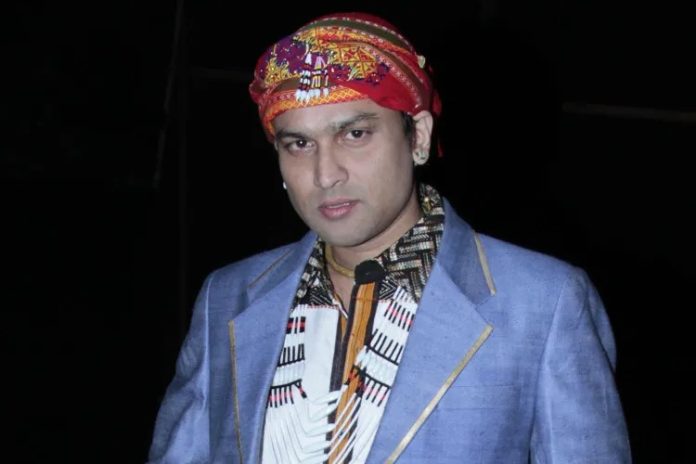– Mohammed Talha Siddi Bapa
The death of Zubeen Garg is not just the passing of a celebrated singer. It is the silencing of a voice that embodied the hopes, struggles, and identity of an entire people. For Assam, his loss feels like losing a beloved family member – an elder brother, a son, a fighter.
From Anamika to a Household Name
Zubeen Borthakur entered the music world in 1992 through the album Anamika. Within a few years, he became Zubeen Garg, a household name across Assam. He went on to record over 38,000 songs, spanning languages and styles. But beyond the staggering numbers, what defined him was his bond with the Assamese people.
 His Hindi song Ya Ali gave him nationwide fame, yet his heart never left Assam. Disillusioned with Bollywood, he declared, “I will die here like a king.” Returning to his homeland, he stepped into the role of people’s leader, not just artist.
His Hindi song Ya Ali gave him nationwide fame, yet his heart never left Assam. Disillusioned with Bollywood, he declared, “I will die here like a king.” Returning to his homeland, he stepped into the role of people’s leader, not just artist.
The Singer Who Became a Symbol of Protest
It was the anti-CAA protests of 2019 that transformed Zubeen Garg from cultural icon to political symbol.
When many artists hesitated, he took the stage not just to sing, but to resist. Through songs like “Politics Nokoriba Bondhu” (“Don’t do politics, my friend”), he challenged the government directly and demanded that his music not be misused for propaganda.
Lakhs of young people poured into the streets at his call. He was not only part of the protest – he became its face. In defiance of pressure and threats, Zubeen became the voice of Assam’s pain and dignity.
Beyond Caste, Beyond Barriers
Though born into an upper-caste family, Zubeen rejected caste and religious labels. He openly declared: “I have no caste, I have no religion.” His guiding mantra was Moi Manuh – “I am a human being.”
This was not mere rhetoric. He lived it. He welcomed strangers, mingled across divides, and never carried the airs of stardom. Despite his fame, he remained simply “Dada” – an elder brother, a friend, one of the people.
A Death That Stilled a State
On 19 September 2025, while swimming in Singapore’s Lazarus Island, Zubeen suffered a seizure and drowned. He was rushed to hospital but could not be revived.
As his body arrived in Guwahati, Assam was plunged into grief. Along the 25-kilometer stretch from the airport to his home, lakhs lined up, singing his songs, weeping, holding candles. At Sarusajai Stadium, a sea of humanity gathered for a final glimpse.
So overwhelming was the people’s love that even his political rival, Chief Minister Himanta Biswa Sarma, personally inspected the cremation site and attended the funeral.
The Assam government declared three days of mourning. Zubeen was laid to rest with full state honours, including a 21-gun salute. Tributes poured in from across India and beyond – from the Prime Minister to Bollywood singers. But the greatest tribute came from ordinary Assamese people of all faiths and communities who stood in tears for their Dada.
The Legacy He Leaves Behind
Why did one man inspire such extraordinary devotion? Because he was more than an entertainer. He was the voice of his people – their dreams, their anger, their resilience.
His leadership in the anti-CAA movement, his defiance of caste, and his bond with ordinary people made him more than a singer. He became Assam’s conscience.
His death marks the end of an era. Yet the courage he inspired, the awareness he sparked, and the unity he fostered will continue to live.
Remembered Forever
Zubeen Garg was not only the voice of Assam – he was its spirit. Today, his voice may have fallen silent, but the song he began continues in the hearts of millions.
His legacy endures. His memory will remain a part of Assam’s soul.




